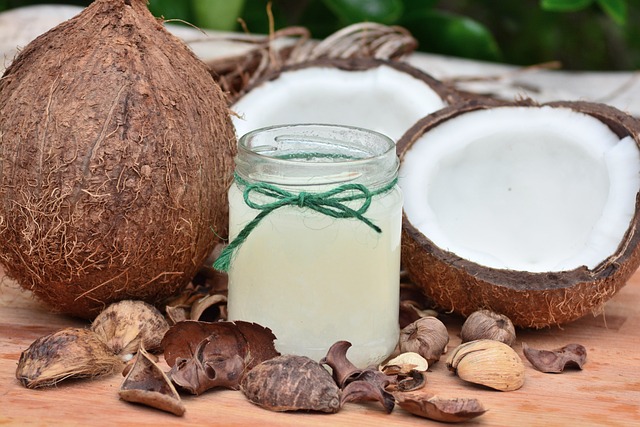The Science Behind Probiotics: How Microbes Impact Your Health
Probiotics are live microorganisms that are beneficial to our health. They can be found in various foods and supplements and are known for improving digestive health and boosting the immune system.
What are Probiotics?
Probiotics are live microorganisms that are similar to the beneficial bacteria found in the human gut. They are commonly found in fermented foods such as yogurt, kefir, sauerkraut, and kimchi, as well as in supplement form.
The most common types of probiotics are lactobacillus and bifidobacterium. These microorganisms work by restoring the natural balance of bacteria in the gut, which can improve digestion and boost the immune system.
How do Probiotics Impact Your Health?
The bacteria in our gut play a crucial role in our overall health. They help us digest and absorb nutrients from food, produce vitamins, and protect our body from harmful bacteria and viruses.
Probiotics help restore the balance of bacteria in our gut, which can improve digestion and reduce inflammation. This can lead to a range of health benefits, including:
- Reduced risk of gastrointestinal infections
- Improved immune function
- Reduced risk of allergies and asthma
- Improved mental health
- Improved heart health
How to Get More Probiotics in Your Diet?
The easiest way to get more probiotics in your diet is by eating fermented foods. Some of the best sources of probiotics include:
- Yogurt
- Kefir
- Sauerkraut
- Kimchi
- Miso
- Tempeh
You can also take probiotic supplements to increase your intake of beneficial bacteria. When choosing a probiotic supplement, look for one that contains a variety of strains and has at least 10 billion CFUs (colony forming units).
Conclusion
Probiotics are an important part of a healthy diet. They help improve digestion, boost the immune system, and reduce inflammation. Incorporating fermented foods and supplements into your diet is an easy way to increase your intake of beneficial bacteria and improve your overall health.







